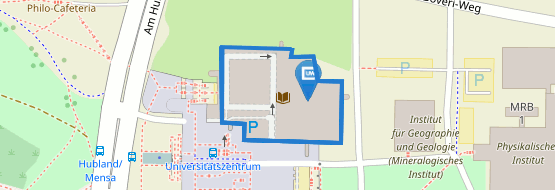DOI allocation
As a researcher, would you like to increase the visibility and findability of your scientific contributions? A DOI makes your scientific texts and objects clearly referenceable and more easily accessible!
What is a DOI?
A DOI (Digital Object Identifier) is a unique and permanently valid identifier for publications, research data, videos, and other scientific resources on the internet, similar to an ISBN or ISSN for books or journals.
The DOI ensures that the publication is citable and permanently findable. A DOI provides a link to the object and its metadata. It always remains the same, even if the URL changes.
On an international level, the DOI system has established itself as the standard in science compared to other systems such as URN (Uniform Resource Name) or Handle.
Example: DOI: 10.25972/OPUS-21190
Explanation: The number 10.25972 indicates the institution that assigns the DOI, OPUS-21190 is the document-specific number.
How do I get a DOI?
The University Library (UB) participates for the University of Würzburg in the DOI consortium of the Technical Information Library (TIB) Hannover for the registration of DOIs via the DOI registration agency DataCite e. V. Repositories of institutions of the University of Würzburg can register for the allocation via the UB and thus register DOIs independently.
DOIs for individual documents can be assigned, for example, when publishing via the online publication server OPUS Würzburg or when publishing in a research data repository like WueData.
We will be happy to help with any questions you may have about the allocation and use of DOIs!


